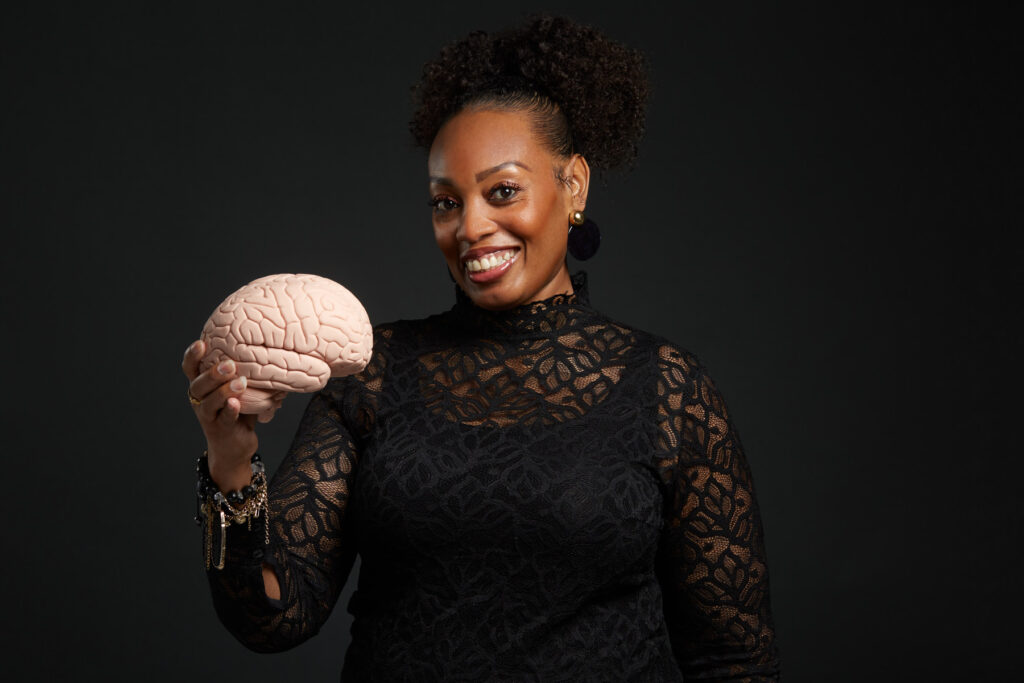
Our mindset refers to your perspective on the world, your perception of yourself, and your capacity for personal development. A behavioral expert can fix your mindset based on the belief that your abilities are innate and cannot change or that you can develop and improve your skills through effort and learning. Your mindset influences your behavior, decision-making, and outcomes in life, making it a crucial factor in determining your success and well-being.
Recent advances in neuroscience and behavioral science have shed light on how mindset shapes the brain and how you can intentionally shift from a fixed to a growth mindset. This article will examine the science underlying attitude mindset and provide evidence-based strategies to help you transition to a growth-oriented mindset.
The Neuroscience of Mindset
Neuroscience research has shown that the brain is more malleable and adaptable than previously thought. The brain’s plasticity allows it to change and grow in response to experience and learning, which can lead to the development of new skills and abilities.
However, when you have a fixed mindset, your brain may be less receptive to new experiences and learning opportunities. You may be less likely to engage in challenging activities, take risks, or seek feedback, limiting your brain’s potential for growth and change.
Conversely, with the help of Nancy, a behavioral expert, a growth mindset makes your brain more receptive to new experiences and learning opportunities. You may be more likely to engage in challenging activities, take risks, and seek feedback, which can enhance your brain’s potential for growth and change.
The launch of the online course by Nancy Herkul on growth mindset is for students, graduates, and young professionals from West Africa. It is an exciting opportunity for individuals looking to improve their mindset and increase their chances of success in their careers.
The Behavioral Science of Mindset
Behavioral science has also provided insights into the factors that shape the mindset and how to intentionally shift from a fixed to a forward-thinking mindset.
Here are some evidence-based strategies to help you make the transition:
Embrace Challenges.
When faced with a challenge, people with a progress-oriented mindsetview it as an opportunity for growth and learning. They are more likely to engage in challenging activities and persist in facing obstacles. By embracing challenges and understanding them with the help of a behavioral expert, you can stimulate your brain’s plasticity and enhance your potential for growth and change.
Learn from Failure.
Failure is typically seen as a temporary setback and a chance to grow and learn by those with a growth mindset. They are more likely to seek feedback, reflect on their mistakes, and adjust their strategies for success. Learning from one’s failures and consistently adopting a growth-focused behavioral mindset makes it possible to develop resilience and a mindset oriented toward growth.
Focus on Effort and Process.
With a fixed mindset, you focus on the outcome rather than the effort or process involved. This approach can lead to frustration, discouragement, and self-doubt if the outcome needs to meet expectations.
You can create a growth-oriented mindset and a sense of achievement and satisfaction from the effort put forth by changing your focus to effort and processing it with Nancy Herkul’s (Behavioral Expert) assistance. She will teach the course online, making it available to students all over Africa.
It will also be interactive, allowing participants to engage with the course material, connect with other participants, and receive personalized feedback and support from the course instructors.
Cultivate a Love of Learning.
People with a growth mindset enjoy learning and seeking out new experiences. By cultivating a love of learning, you can stimulate your brain’s plasticity, expand your knowledge and skills, and enhance your potential for growth and change.
Surround Yourself with Growth-Oriented People.
The people around you can influence your mindset. Surrounding yourself with individuals providing encouragement and support to develop a mindset oriented towards growth is essential. Seek mentors or coaches who can provide guidance and feedback and learn from their experiences and insights.
Conclusion
The nature of your mindset plays a crucial role in dictating your achievements and overall state of being in life. Adopting a growth mindset and incorporating evidence-based strategies from neuroscience and behavioral science can enhance your brain’s potential for growth and change.
The launch of this online course is particularly timely, as many young people in Africa struggle to find employment in the face of economic challenges and a competitive job market. By developing a growth mindset, participants will be equipped with the skills and mindset needed to succeed in their job search and future careers.
This course is a testament to the importance of investing in personal and professional development, particularly in times of uncertainty and adversity. By empowering young people with a growth mindset and the tools they need to succeed, this course can transform the lives and careers of its participants and contribute to a brighter future for Africa.
So if you’re ready to take control of your life and unlock your true potential, book a session with Nancy Herkul, a Behavioral Expert, today. Her guidance and support allow you to achieve your goals and create a brighter future. Don’t wait; take the first step toward your transformation today!
You can also get in contact with her by visiting www.nancyherkul.com


